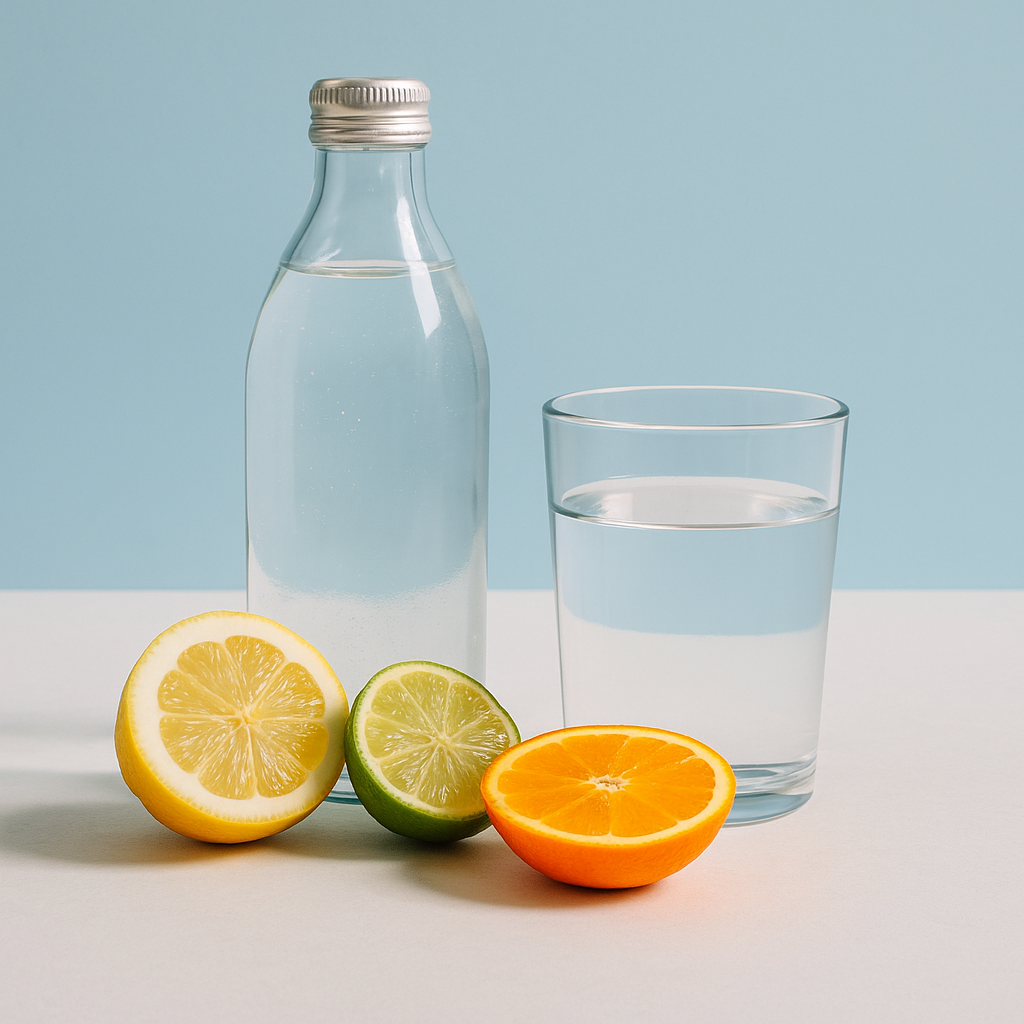When it comes to wellness, we often hear about the importance of nutrition, sleep, and exercise. But one of the most powerful and overlooked foundations of health is hydration. Staying properly hydrated is essential for everything from physical performance and mental clarity to skin health and mood. It’s a simple act—drinking water or a hydrating beverage—but the impact is profound.

Why Hydration Matters
Water makes up more than half of our body weight and is involved in nearly every function in the body. From regulating body temperature to cushioning joints and aiding digestion, hydration plays a vital role in keeping us healthy. Even mild dehydration—just a 1–2% loss in body water—can lead to fatigue, headaches, and difficulty concentrating.
Proper hydration supports:
- Energy Levels: Dehydration can cause tiredness and sluggishness. Staying hydrated helps maintain stamina throughout the day.
- Cognitive Function: Our brains are highly sensitive to fluid balance. Drinking enough water helps with focus, memory, and mental clarity.
- Digestion and Detoxification: Water helps break down food, absorb nutrients, and flush out waste through the kidneys.
- Temperature Regulation: Especially in warm climates or during exercise, water is essential to keep the body cool through sweating.
- Skin Health: Hydrated skin looks more vibrant and healthy, while dehydration can make it appear dry and dull.
How Much Water Do You Really Need?
The commonly cited rule of drinking eight 8-ounce glasses a day is a good starting point, but individual needs can vary. Factors such as activity level, climate, age, and overall health can increase your hydration needs. A simple guide is to drink enough so that your urine is light in color and to drink consistently throughout the day—not just when you’re thirsty.
Beyond Water: Hydration in Different Forms
While water is the gold standard for hydration, other beverages like herbal teas, infused water, and seltzers can also contribute. In fact, sparkling water and naturally flavored seltzers have become increasingly popular because they combine hydration with a satisfying taste and fizz—without added sugars or calories.
Fruits and vegetables with high water content—such as cucumbers, watermelon, oranges, and strawberries—also support your daily hydration needs. Incorporating these into meals or snacks is a delicious way to stay refreshed.
Signs You Might Be Dehydrated
Sometimes, we don’t realize we’re dehydrated until symptoms become noticeable. Here are a few signs to watch for:
- Dry mouth or dry skin
- Fatigue or dizziness
- Dark yellow urine
- Headaches
- Muscle cramps
- Difficulty focusing
By the time you feel thirsty, you’re already starting to become dehydrated. That’s why it’s important to make hydration a regular habit, not just a response to thirst.
Building a Daily Hydration Routine
Staying hydrated doesn’t have to be complicated. Here are a few easy ways to integrate more fluids into your daily life:
- Start your morning with a glass of water before coffee or tea
- Keep a refillable water bottle with you at all times
- Add fresh fruit or herbs to your water for a flavor boost
- Opt for seltzers or herbal teas as enjoyable alternatives to sugary drinks
- Set reminders on your phone or use hydration tracking apps
Consistency is key. Even small sips throughout the day can add up to big benefits for your body and mind.
Final Thoughts
Hydration is one of the most accessible and impactful wellness habits you can adopt. It doesn’t require a subscription, a fancy app, or an expensive plan—just a commitment to nourishing your body with what it needs. Whether you’re sipping plain water, enjoying a citrusy seltzer, or biting into a juicy slice of watermelon, remember that every drop counts.
Cheers to health, clarity, and energy—one sip at a time.